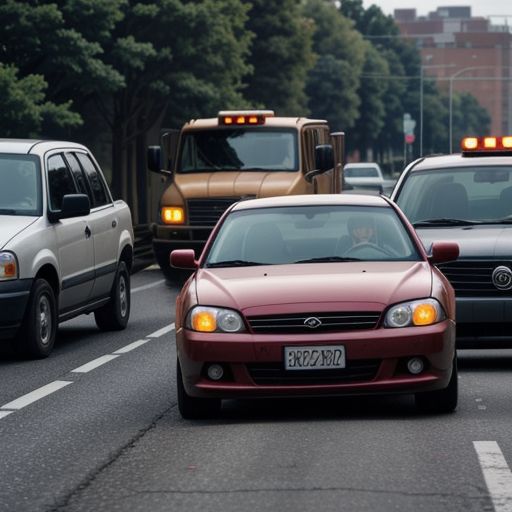Have you ever looked at your old, non-running car and thought, “There’s got to be something meaningful I can do with this?” You might be surprised to learn that even a vehicle that’s seen better days can be turned into a significant donation for various charities. Yes, you read that right, you can donate a car that doesn’t run! This comprehensive guide will walk you through the process and answer your frequently asked questions about donating a non-running vehicle.
What Does “Donate a Car That Doesn’t Run” Mean?
Donating a car that doesn’t run essentially means donating a vehicle that’s no longer operational. This could be due to a myriad of reasons:
- Mechanical Issues: The engine or transmission might be beyond repair, or the car might have significant electrical problems.
- Body Damage: Extensive rust, a major accident, or simply wear and tear could render the vehicle unsafe to drive.
- Missing Parts: Perhaps essential parts are missing, making the car inoperable.
It’s important to note that while the car doesn’t need to be in perfect running condition, certain charities might have restrictions on the extent of damage or the type of vehicle they accept.
Why Donate a Car That Doesn’t Run? The Benefits
You might be wondering why anyone would want your old clunker. Surprisingly, there are several benefits to donating a non-running car, both for you and the receiving organization:
Benefits for You:
- Tax Deduction: Depending on the charity and your local tax laws, you can often receive a tax deduction for your donation.
- Free Towing: Many charities offer free towing services, saving you the hassle and expense of getting rid of the vehicle yourself.
- Space Saver: That old car taking up valuable space in your garage or driveway? Donating it frees up space for something new.
- Feel-Good Factor: Knowing your donation supports a worthy cause can bring immense satisfaction.
Benefits for the Charity:
- Fundraising: Charities can sell your donated vehicle, even in non-running condition, to raise funds for their programs.
- Parts for Other Vehicles: If the car is not sold as a whole, parts can be salvaged and used to repair other donated vehicles, maximizing the impact of your donation.
Common Questions About Donating a Car That Doesn’t Run
1. How Do I Choose the Right Charity?
Not all charities accept non-running vehicles, so it’s crucial to do your research. Look for reputable organizations that:
- Openly state their acceptance of non-running vehicles.
- Provide clear information about their mission and how your donation will be used.
- Offer free towing services.
- Have a transparent donation process.
2. What Paperwork Do I Need?
The required paperwork can vary depending on your location and the charity. However, you’ll typically need:
- The car title: This proves you own the vehicle.
- Registration: This confirms the car’s identity.
- Donation Form: The charity will likely provide a form for you to fill out, outlining the details of the donation.
3. What About the Tax Deduction?
To claim a tax deduction, the charity must be a registered 501(c)(3) organization. The amount you can deduct depends on how the charity uses your vehicle. Consult a tax professional for personalized advice.
Making Your Donation Count: Tips for a Smooth Process
- Document the car’s condition: Take clear photos of the car’s exterior and interior to avoid any disputes later.
- Gather all necessary documents: This ensures a seamless handover to the charity.
- Remove personal belongings: Double-check the glove compartment, trunk, and under the seats for any personal items.
- Cancel your insurance: Once the car is donated, inform your insurance company to cancel your policy.
donate.thegioidaiduong.com/wp-content/uploads/2024/07/donating a car-668779.jpg" alt="car donation" width="512" height="512">car donation
Conclusion
Donating a car that doesn’t run is a fantastic way to give back to your community and potentially receive a tax benefit. By understanding the process, choosing the right charity, and following these tips, you can turn your old vehicle into a meaningful contribution. Remember, even a car that’s reached the end of its road can have a positive impact!
Do you have any other questions about donating a non-running car? Share your thoughts and experiences in the comments below!
